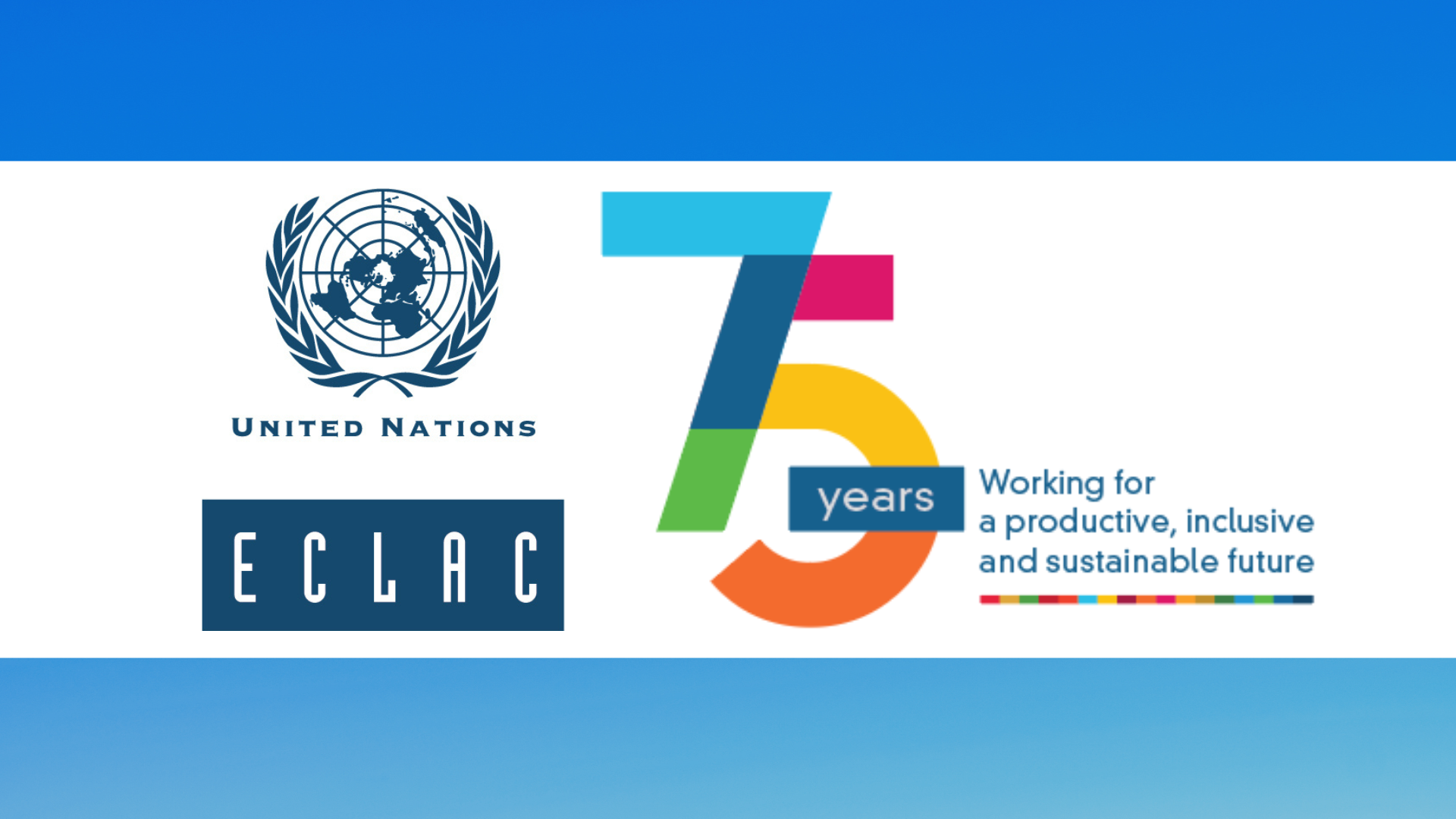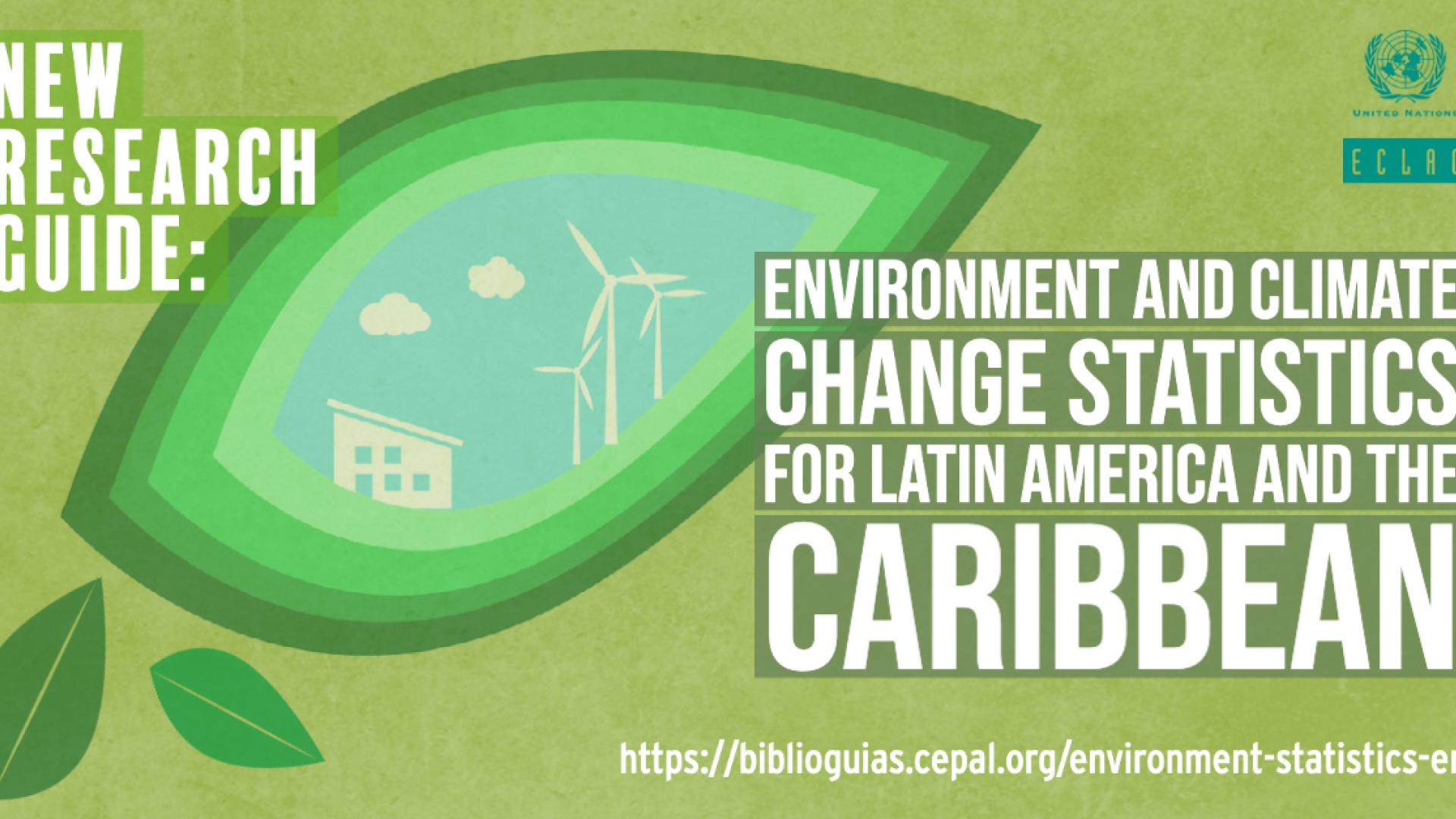Briefing note
ECLAC was established in 1948, as one of the five regional commissions of the United Nations, with the objective of collaborating with the governments of the region to improve lives and strengthen trade relations between member States and the rest of the world. The Commission celebrates its seventy-fifth anniversary on 25 February 2023. A brand-new website commemorates its service to the people and governments of Latin America and the Caribbean.
The website features an interactive timeline presenting the rich history of ECLAC, guiding the reader through each decade of the Commission’s existence and illustrating its key contributions in texts, photos and references to flagship documents.
75 years shaping thinking on public policy and development in the region
ECLAC has been at the forefront of economic and development thinking in Latin America since the very beginning. In the 1950s, the Commission worked to achieve development in the region by promoting State-led industrialization policies to break the pattern of specialization in which developing countries (on the periphery) exported raw materials to developed countries (at the centre) and the latter exported industrial goods to developing countries. In the 1960s, ECLAC widened its focus to provide more in-depth analysis of social development and in the 1970s, the Commission targeted income distribution and economic development. Promoting environmentally and socially sustainable production, consumption and distribution patterns was also a key feature of the Commission’s development thinking during that period.
In the 1980s, the region grappled with a major debt and development crisis, which led Norberto González, Executive Secretary from 1985 to 1987, to describe the period as “the lost decade”. During that time, ECLAC focused on the macroeconomic policies needed to revive economic growth and allow countries to renegotiate their external debt. In the 1990s, productive transformation with equity, environmental protection and improving the quality of life moved to the fore of the Commission’s thinking. Many ECLAC ideas were incorporated into the Millennium Development Goals and later into the Sustainable Development Goals.
In light of the cascade of crises in the 2020 decade, including the coronavirus disease (COVID-19) pandemic, disruption of global value chains, the war in Ukraine, increase in inflation and the global economic slowdown, ECLAC has focused on a series of priority areas to promote recovery and a shift towards more productive, inclusive and sustainable development models for the countries.
Get a glimpse of ECLAC staff and key events in the photo galleries
The commemorative website brings the heritage of ECLAC to life through photo galleries showing the various facets of work at ECLAC. Browse through the albums of high-level visits and key events throughout the Commission’s history, learn more about the iconic ECLAC buildings and get a glimpse of work at ECLAC through the photo series highlighting the people who make up the institution.


